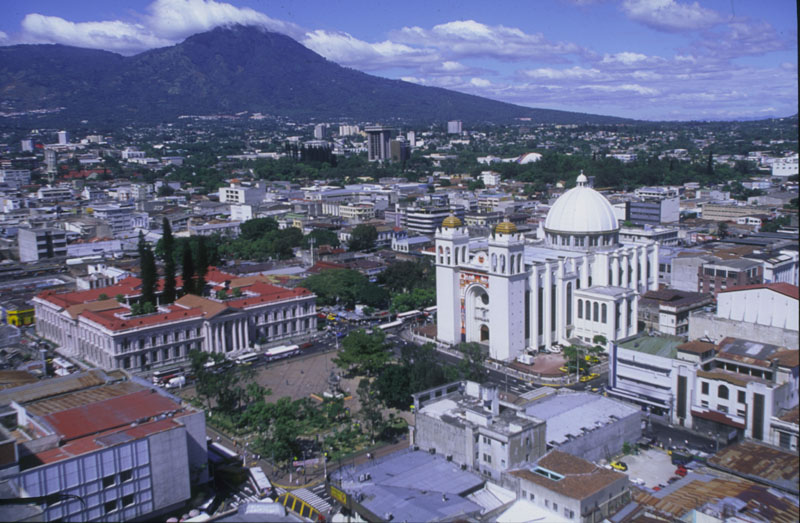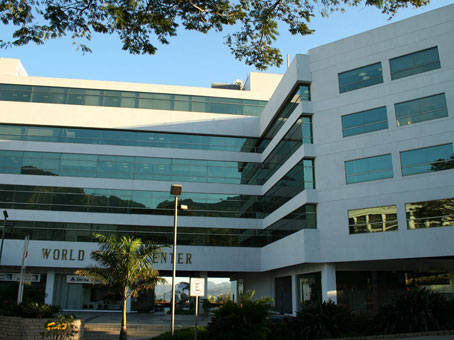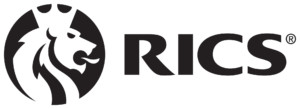
[Updated Oct 2020] A guide to serviced offices and office space for rent in San Salvador as well as general information that may be useful if you are considering renting office space in the city.
For further San Salvador offices information or to search office space to rent in San Salvador just click. Or contact us for any office space query.
History & Geography
The capital of El Salvador is located in the direct centre of the country in the craggy Boqueron Valley. To the south of the city lies the Balsam Mountain Range, and to the east is Lake Ilopango, the largest lake in the country. The first settlement on the site of what is now San Salvador was Cuzcatlan, established by the Pipil people. They abandoned the city when the Spanish invaded in the 16th century. San Salvador was founded by Spanish general Pedro de Alvarado and Gonzalo de Alvarado on April 1st, 1525. Initially San Salvador remained a small community of settlers, but over the years the city steadily grew in size and importance. In 1821, along with the rest of Central America, El Salvador declared independence from Spain. For a time the Central American states existed in a confederacy until this was dissolved in 1838 and El Salvador became completely autonomous. During the 19th century in effect, an oligarchy of wealthy landowners ruled the country, prospering off the growth of indigo, and later coffee. Throughout most of the 20th century, El Salvador was governed by a series of military dictatorships. In 1932 a peasant uprising was brutally repressed and up to 30,000 people killed. From 1980 to 1992 a brutal civil war took place in El Salvador, pitting the right-wing against the left. During this time the military and police were accused of committing numerous atrocities and human rights violations. This war ended with the Chapultepec Peace Accords which decreed that the military be completely divorced from political affairs. Today San Salvador is a bustling modern city, however, is plagued with crime and poverty on a large scale. Many residents of the city have moved abroad and sent money back to their families still residing there. However, the city is also an important financial and cultural centre and is considered a gamma global city.
Economy
San Salvador is the centre of all economic activity in El Salvador and is thus extremely important for the region as a whole. While the city only takes up three percent of the country, it is the site of more than 70 percent of public and private investment in the country. San Salvador has a mostly service-based economy, with banking, education, and business headquartering playing an important role. Among the large companies that have their headquarters in the city are Grupo TACA, Unicomer Group, Almacenes Siman, Grupo Real, Grupo Q, and Excel Automotriz. Additionally, a host of multinational companies such as Dell, Hewlett Packard, and Continental Airlines have their regional headquarters in the city. El Salvador’s currency of exchange is the US dollar, which makes investment by foreign companies easier and more attractive. Rather than have a central CBD, San Salvador’s business locations are spread throughout districts two and three in the city. The main areas of business are World Trade Centre San Salvador, Centro Financiero Gigante, and the Zona Rosa. Retail also makes up a large proportion of San Salvador’s economy, and the city boasts the largest mall in Central America, the Metrocentro.
Tourism & Culture
San Salvador does not have a large tourism industry, but as infrastructure and safety are improved the amount of visitors to the city is growing. For those that do visit, there is a myriad of things to do and see. The city boasts a historic downtown area with a number of interesting buildings. These include the National Palace, the Metropolitan Cathedral, the National Theatre, and the Calle Arce. San Salvador also has a number of beautiful plazas and squares. The most popular and renowned of these are the Plaza Gerardo Barrios, Plaza Libertad, Plaza Morazan, and the Casa Duenas. History and culture buffs will not be disappointed with the city’s museums either. The two most important are The National Museum of Anthropology and the Museo de Arte. Nightlife is a big part of San Salvador’s culture, and the city features many restaurants and bars which stay busy all night. Most of these are located in the Zona Rosa. Among the more well-known restaurants are the Paradise Lobster and Steak Diner, Inka Grill, and Tre-Fratelli. Sport is also important to residents of San Salvador and the city boasts several major stadiums and three football teams which play in El Salvador’s Primera Division.
Transportation
San Salvador is served by El Salvador National Airport, the third-busiest airport in Central America. The city is also served by a relatively new rail system which became operational in 2007. There are train services to the nearby town of Apopa, as well as Nejapa. San Salvador also has a large bus network which is used by an estimated 200,000 people per day. A new highly integrated bus transport system is to replace the current bus network in the city and will make transportation easier and less expensive, according to city authorities.

Office space rental in San Salvador
The city does not have a central business district but instead relies on business locations scattered throughout its districts two and three. Average rental price for Grade A office space is approximately USD 27 per square foot. Typical conventional leases run for three to five years. There are not a great many plans for more building projects in the pipeline currently, so rental figures are not expected to change in the near future.
There was a significant amount of startup activity in San Salvador in recent years due to a combination of attractive tax rates and cheap local labour. However, with recent natural disasters, combined with public debt levels exceeding 60% of GDP, that activity has slowed down. That said, speculators claim that the very cheap local labour, the low competition, the fast-growing young population and the fact that there is little or no regulation of cryptocurrencies means that it may again become a popular haven for startups that can take advantage of these conditions.
For further information about flexible offices and workspaces for startups, click the link.
Our office space search, advisory and acquisition services are FREE, always. We are globally regulated by the Royal Institution of Chartered Surveyors (RICS) ensuring the highest standards of commercial property advice and service at all times.
